The UK’s first womb transplant – what the media missed out
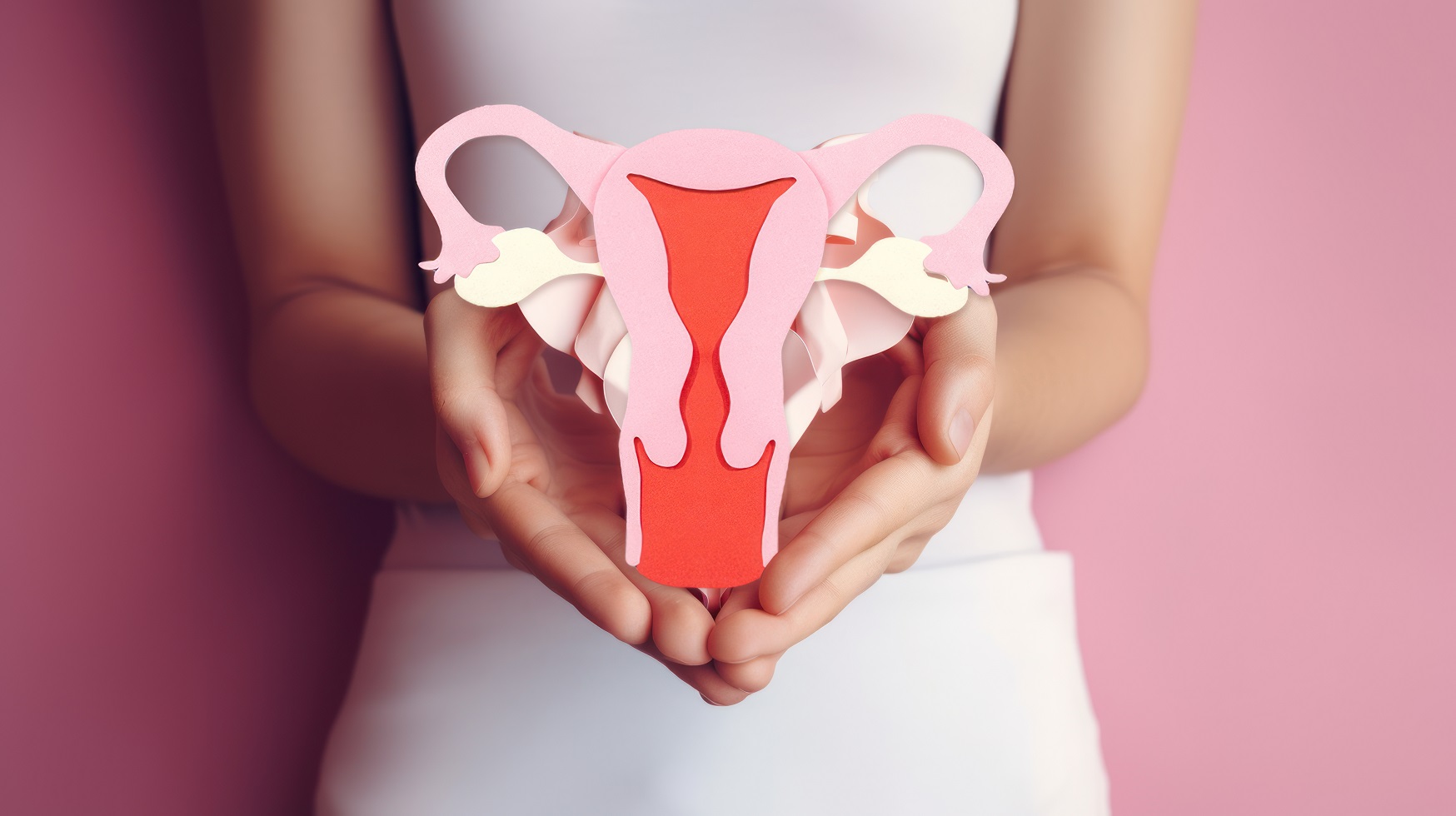 The first UK ‘womb transplant’, carried out by Richard Smith’s team in Oxford and announced at the end of August, understandably gained a lot of press coverage and was heralded by some as the ‘dawn of a new era’. In fact, the first uterus transplant was carried out in 2000 in Saudi Arabia in a 26-year-old woman who had to have the cadaveric transplant removed due to thrombosis 99 days later. Others have questioned how that particular procedure ever got through an ethics committee.
The first UK ‘womb transplant’, carried out by Richard Smith’s team in Oxford and announced at the end of August, understandably gained a lot of press coverage and was heralded by some as the ‘dawn of a new era’. In fact, the first uterus transplant was carried out in 2000 in Saudi Arabia in a 26-year-old woman who had to have the cadaveric transplant removed due to thrombosis 99 days later. Others have questioned how that particular procedure ever got through an ethics committee.
One of my lawyer colleagues remarked how little comment there has been, if any, about the ethical aspects of this first UK womb transplant and so wrote a helpful article on the topic herself.
There are several issues not raised in that article, however, that appear to have gone entirely without comment. The first relates to informed consent and the importance of receiving accurate information rather than skewed statistics.
In the case of wombs, a successful transplant is not saving a life but ultimately about successfully gestating a healthy new life to the point of viability, despite the considerable risk to the recipient. In order to give valid consent, the chances of success of delivering a so-called ‘take home baby’ – of necessity via a Caesarean section followed by hysterectomy to avoid continuation of immunosuppressive medications – needs to be communicated accurately. Worldwide, with over 90 womb transplants carried out and 50 babies delivered, the success rate is in the order of 50 per cent. In 2019, one US medical centre said a womb transplant was not worth the risk. However, some other clinics are putting out statistics of almost 80 per cent success rates because they use the number of successful transplants, rather than the total number performed, as the denominator for calculating the rate. Thus, one clinic boasts a headline and opening paragraph as follows:
Uterus Transplant Team Has a Current Success Rate Close to 80%
As the publication shares, out of the 14 (out of 20) technically successful uterus transplants, there have been 12 successful live births, which gives us a success rate of 79%.
However, only 12 out of 20 transplants actually resulted in a baby. Sixty-two per cent, though not really close to 80 per cent at all, gives a far more accurate picture to those considering the procedure.
The second point not mentioned by the media concerns the fact that most of the world’s 100 or so uterine transplants have been from deceased donors. Consent for the deceased donation of organs considered routine for transplantation (such as heart, lungs, kidneys, liver, corneas, pancreas, and small bowel) is assumed in the UK unless the person concerned actively opts out. Although we are many years away from uterine transplants becoming routine, should they become so, they will be unique in that only biological females will be possible donors. Potential donors may regard a non-life (or non-sight) saving transplant in a different light from already well-established, routine transplants. Indeed, research will need to be carried out to ensure women are not deterred from donating other organs because of reservations they may have about uterine donation after death.
Usually, the recipient of a deceased donation cannot be specified by the donor. Still, if it does eventually become technically possible to transplant a uterus successfully into a biological male, many women may not wish to donate their wombs in such circumstances. This is a long way off, of course. In response to questions, co-lead surgeon of the first UK transplant, Professor Richard Smith, said he thought this was decades away because it was technically more difficult due to ‘anatomical differences’ and other issues such as differing microbiomes in men and women. Nevertheless, if not given a choice to express a view on such a divisive issue, some women who might otherwise have elected to donate after death might opt out.
Finally, there is the high financial cost of uterus transplants and the question of who pays for them. The UK’s first womb transplant cost £25,000, even with the surgeons working pro bono, and was paid for by a charity. Is the NHS going to be able to afford the costs of such transplants into biological women with uterine factor infertility, let alone into biological men in whom the likelihood of a successful transplant (let alone the delivery of a healthy infant) is far more remote? Is this a justifiable use of public funding?
Truthfulness (Psalm 51:6) and justice (Micah 6:8) are important biblical ethical principles, and both are often absent in debates about fertility treatment more generally. Sadly, discussions – or lack of them – about uterine transplantation don’t look set to herald much change in that tendency.
Trevor Stammers
CMF Associate in Public Policy and author of The Ethics of Global Organ Acquisition: Moral arguments about organ transplantation
Trevor has also discussed these and related issues around the ethics of organ transplantation on CMF’s 1st incision podcast.

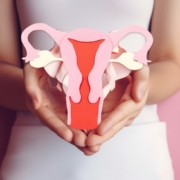


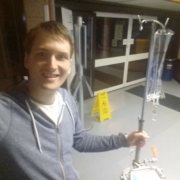
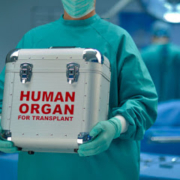
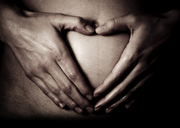
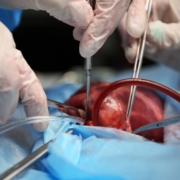
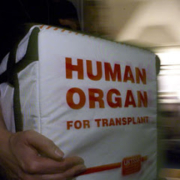


Leave a Reply
Want to join the discussion?Feel free to contribute!